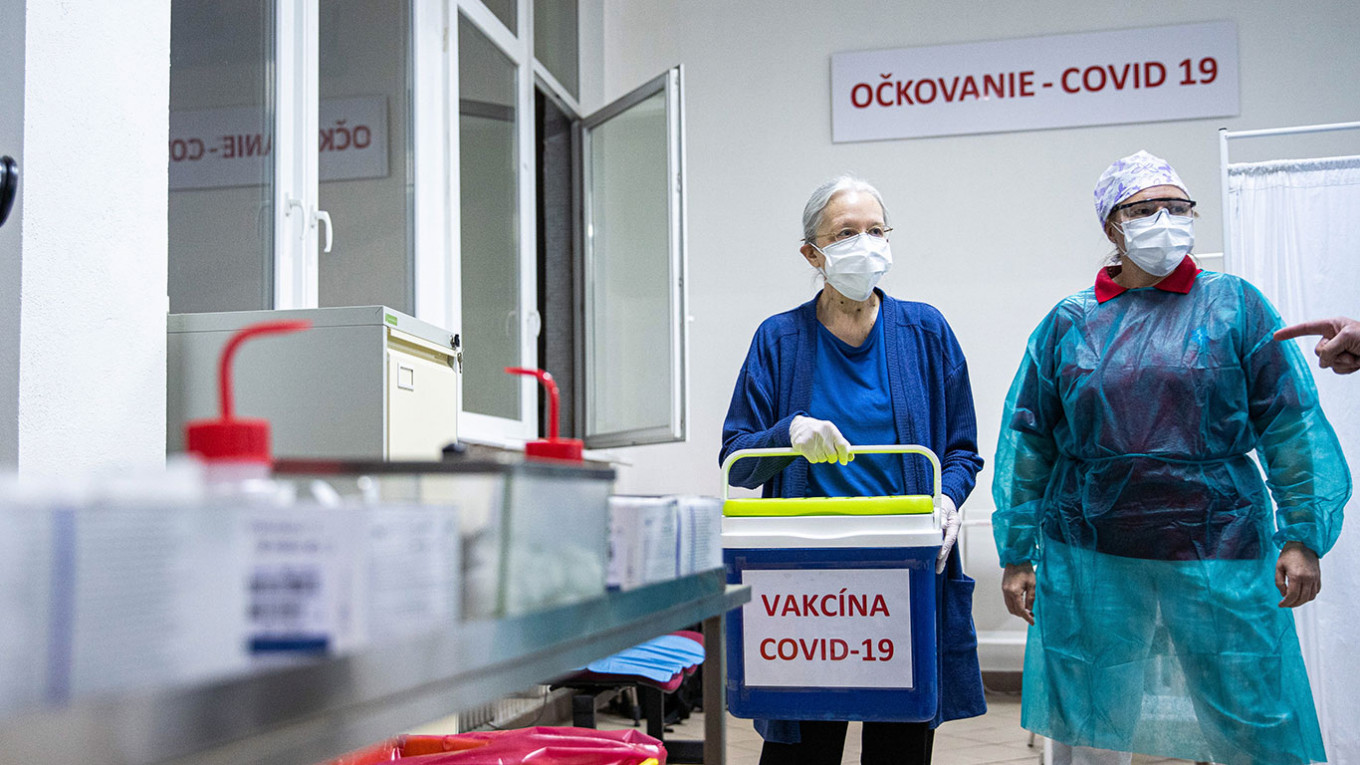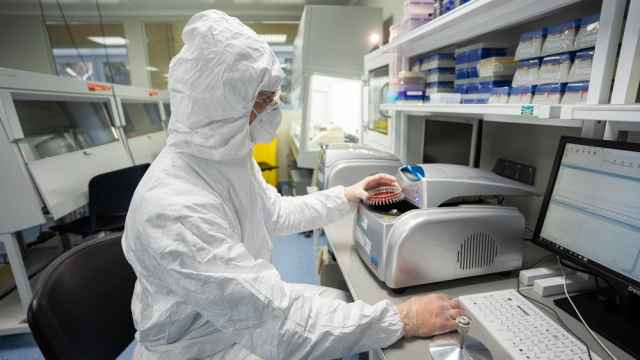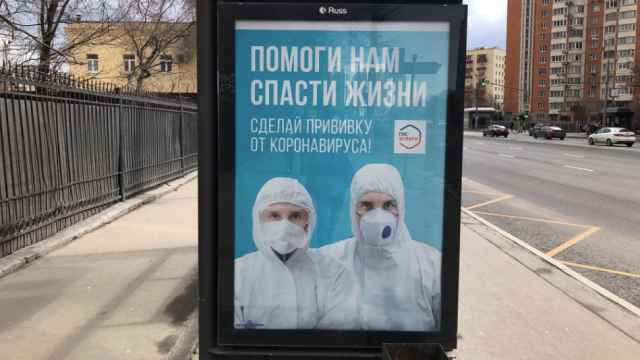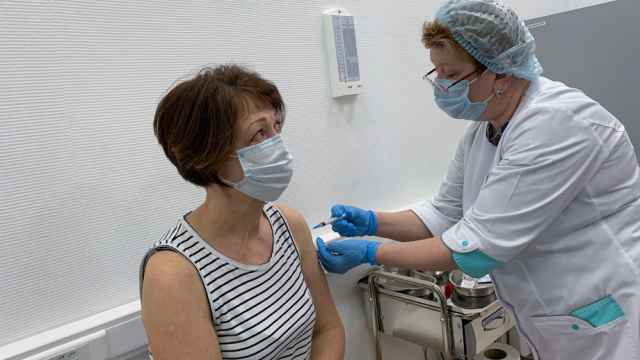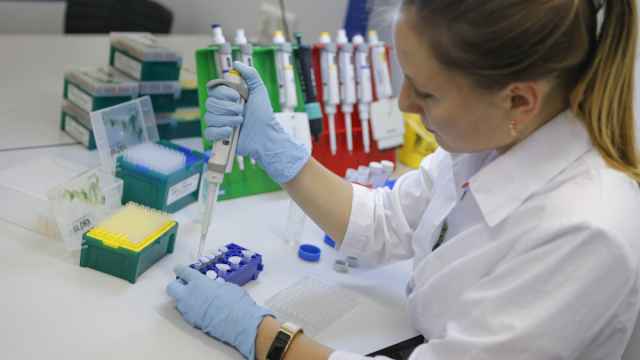Slovakia on Tuesday announced it will halt the use of the Russian-made Sputnik V coronavirus vaccine due to low demand among its population.
“Today [Tuesday] is the last day when citizens of Slovakia who wanted to vaccinate can get the second dose of the Sputnik vaccine,” the state-run TASS news agency quoted the European Union member’s health ministry as saying.
In total, only 18,500 Slovak citizens are said to have received both doses of the Russian vaccine. Slovakia had sold most of its Sputnik V doses back to Russia this summer, citing low demand.
Slovakia first received 200,000 doses of Sputnik V in March of this year despite the vaccine not yet being authorized by the EU. Its purchase of the vaccine pushed the small central European country into a political crisis that ended in the resignation of Prime Minister Igor Matovič after his coalition partners accused him of acquiring the vaccine without their approval.
Sputnik V’s EU approval has been beset by repeated delays since the bloc launched a rolling review of the vaccine this spring. Last month, Reuters reported that the EU's review of Sputnik V could be delayed until after the summer over data shortcomings and the vaccine maker’s perceived lack of experience with overseas regulators.
Hungary is currently the only EU country to have bought and used considerable quantities of Sputnik V.
A recent Russian independent real-world study of the jab’s effectiveness in combating severe infections showed that the vaccine was 81% effective at preventing hospitalization among people who had contracted a symptomatic infection of the more-contagious Delta variant.
Peer-reviewed research published in The Lancet in February placed its effectiveness at preventing Covid-19 infection at 91.6%.
A Message from The Moscow Times:
Dear readers,
We are facing unprecedented challenges. Russia's Prosecutor General's Office has designated The Moscow Times as an "undesirable" organization, criminalizing our work and putting our staff at risk of prosecution. This follows our earlier unjust labeling as a "foreign agent."
These actions are direct attempts to silence independent journalism in Russia. The authorities claim our work "discredits the decisions of the Russian leadership." We see things differently: we strive to provide accurate, unbiased reporting on Russia.
We, the journalists of The Moscow Times, refuse to be silenced. But to continue our work, we need your help.
Your support, no matter how small, makes a world of difference. If you can, please support us monthly starting from just $2. It's quick to set up, and every contribution makes a significant impact.
By supporting The Moscow Times, you're defending open, independent journalism in the face of repression. Thank you for standing with us.
Remind me later.


